Treatment of edentulism (missing teeth) with a dental bridge is one of the most common and effective methods. A dental bridge allows for the restoration of both chewing function and smile aesthetics. It is a fixed prosthetic construction that is supported by healthy adjacent teeth and fills the space of a missing tooth. In this article, we will discuss what a dental bridge is, the types available, and how the placement process is carried out.
To book a visit, sign up for a consultation. To clarify the details, our operator will contact you.
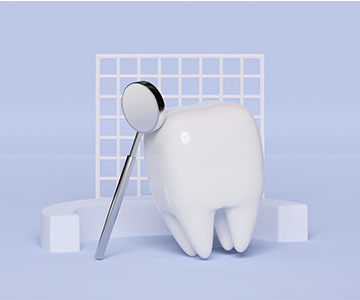
Why Should We Go To The Dentist Even When Nothing Hurts?
08 February 2024
There is a widespread opinion in the public circles that we should plan a visit to the dentist only when we suffer from toothache or discomfort when eating cold or hot food. This view can be the cause of quite serious problems, because for the most part, patients do not pay due attention to the health of their teeth and oral cavity in general, because they "do not have any pain". To the team of Blits Dental - Kakhaber Kharebava Clinic, we would like to talk to you today about dental diseases that are asymptomatic at the initial stage and whose early identification will prevent additional problems and complications.
Inflammation Of The Gums
Almost all adults know what inflammation of the gums is and how it manifests itself. Reddened gums, loose teeth, and bad breath are all characteristics of an aggravated case of gingivitis. At this time, the patient is already suffering from pain and discomfort in everyday life. That is why it is especially important to know that inflammation of the gums in the first stage, while the treatment of this disease is the easiest, is completely asymptomatic. Inflammation of the gums - the same periodontitis is a chronic inflammatory disease of the soft tissues around the tooth, which may even lead to the loss of teeth in case of delayed treatment. Periodontal diseases are one of the most widespread diseases in the world, which 7 out of every 10 adults complain about, that's why Blits Dental - Kakhaber Kharebava Clinic recommends that you definitely schedule a visit to your dentist at least once every 6 months, regardless of whether you have any kind of babies. A professional dentist will assess the clinical picture of your oral cavity and, if necessary, plan a course of preventive treatment, which will solve your problems related to the oral cavity as painlessly as possible in a short period of time.
Gingival Recession
In modern dentistry, there are many clinical cases where the main problem of the patient is the gingival recession or gingival recession. The process of gum recession involves the gradual lifting of the gum and the exposure of the root. Gradually, the gum tissue no longer covers the root of the tooth, which, in turn, visually makes the tooth appear longer and unaesthetic. Gingival recession is a fairly common disease in both young and middle-aged patients. Initially, this problem develops slowly and painlessly, often, the patient does not even know that there is receding gums, and the visual problem manifests itself only at the last stage. As for the primary symptoms, the first sign of recession can be increased sensitivity of the tooth, as well as visually changes in the shape of the teeth. The causes of gum recession are quite diverse and mainly depend on the individual characteristics of the patient's oral cavity. Some people are genetically predisposed to a thin gum biotype, which increases the tendency to recession. If you have naturally thin and weak gums, it's especially important to maintain your oral health by scheduling frequent dental visits and using toothpastes and mouthwashes that will strengthen and heal your gums and prevent future complications.
Why Should We Choose Blits Dental - Kakhaber Kharebava Clinic?
"Blits Dental - Kakhaber Kharebava Clinic '' is in the leading position in Transcaucasia in terms of quality and speed of dental services. In our clinic, patients have the opportunity to use the latest dental services in accordance with modern standards. "Blits Dental - Kakhaber Kharebava Clinic '' is multi-functional, which means that patients have the opportunity to get any kind of dental services promptly at one address (11 Kuchishvili street, Vera). Our clinic offers therapeutic, orthopedic, orthodontic, periodontological, implantological and gnathological services. Our services also include such less invasive manipulations as: teeth whitening and professional teeth cleaning, teeth straightening with braces (metal braces, porcelain braces, lingual braces) and caps, caries treatment (dental canal filling), etc.
Missing teeth are no longer a problem! Dental implants offer the most advanced, durable, and natural-looking solution for restoring your smile. An implant, together with its crown, mimics a real tooth both aesthetically and functionally-helping you regain confidence, comfort, and a complete smile.
During pregnancy, hormonal changes can cause gum inflammation, bleeding, enamel erosion, and an increased risk of cavities. That’s why visiting the dentist during pregnancy is especially important.
Gnathology is one of the leading branches of 21st-century dentistry. It forms the foundation for any complex dental treatment planning
Tooth loss (edentulism) affects not only the appearance of your smile but also the overall functional health of your oral cavity
Dental veneers can be made from various materials, but ceramic (porcelain) veneers are the most widely used.
Modern aesthetic and functional dentistry is continually evolving, striving to identify restorative materials that combine exceptional strength
The eruption of baby teeth is one of the most important stages in a child’s early development.
Modern dentistry increasingly emphasizes the importance of orthodontic care.
Oral health care begins long before the first permanent tooth erupts.
A smile is one of the key elements of a person’s visual identity. It conveys confidence and positivity. However, the beauty of a smile is not only an aesthetic factor—it is directly connected to oral health.
Orthodontic treatment has long gone beyond the limits of traditional metal braces.
Dental implantation is the best method for restoring missing teeth. However, for the procedure to be successful, the jawbone must have sufficient volume and density.
Dental implantation is one of the most effective and safest surgical procedures in modern dentistry for restoring missing teeth.
Initial endodontic (root canal) treatment is usually successful and helps preserve the natural tooth.
Root canal treatment, also known as endodontic therapy, is one of the most frequently discussed yet often misunderstood dental procedures.
Tooth decay is one of the most common dental conditions, involving damage to the hard tissues of the teeth
Modern dentistry is constantly evolving, offering improved methods for solving complex issues.
Today, there are numerous teeth whitening options—both at home and professionally done.
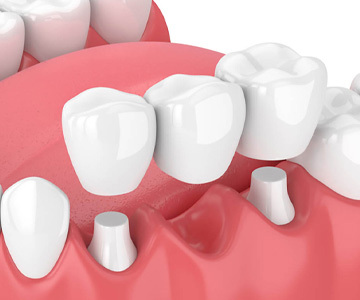
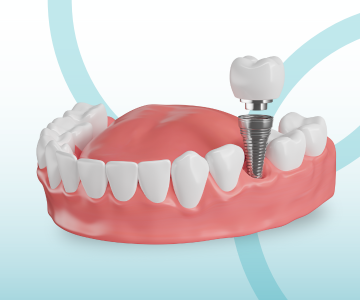
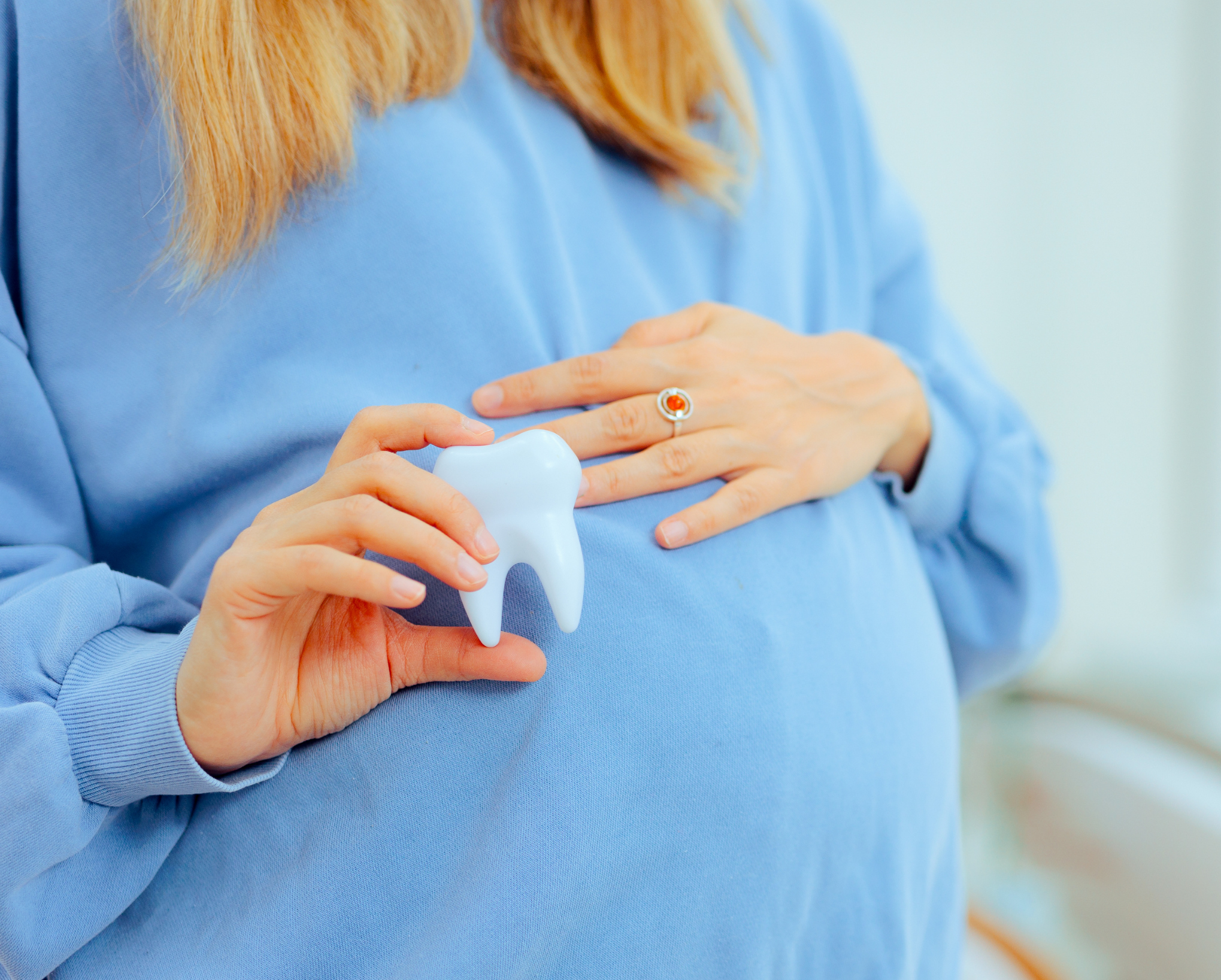
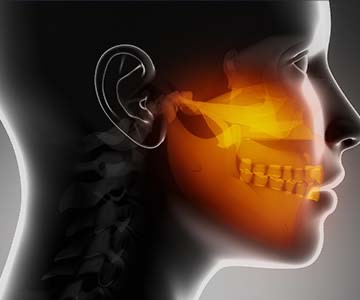
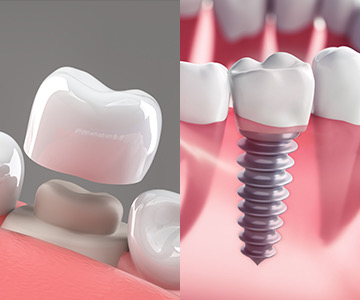
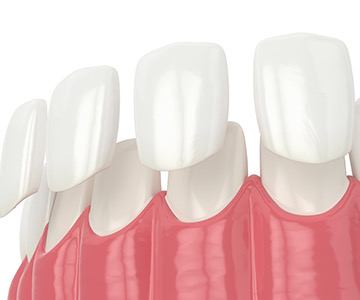
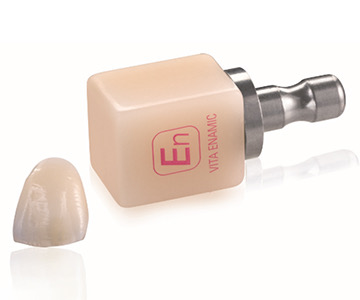

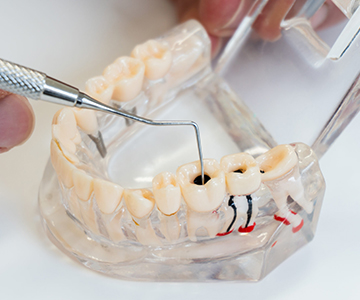
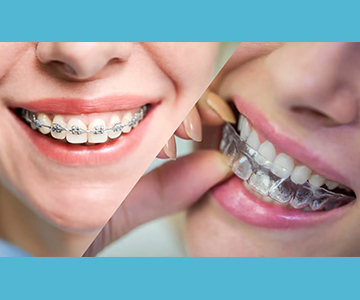
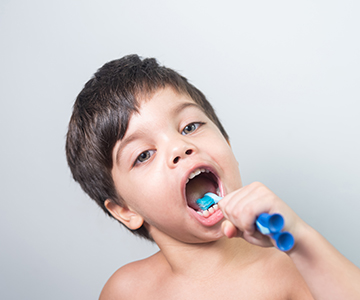

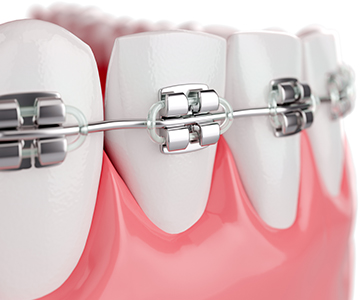
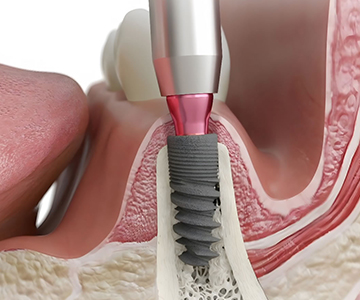
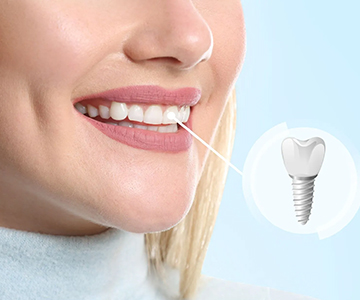
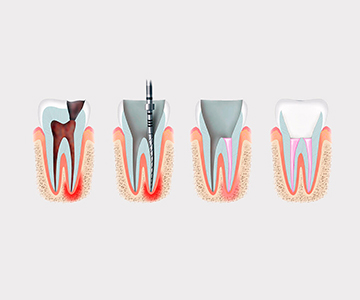
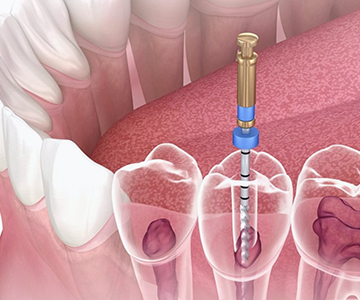
.jpeg)
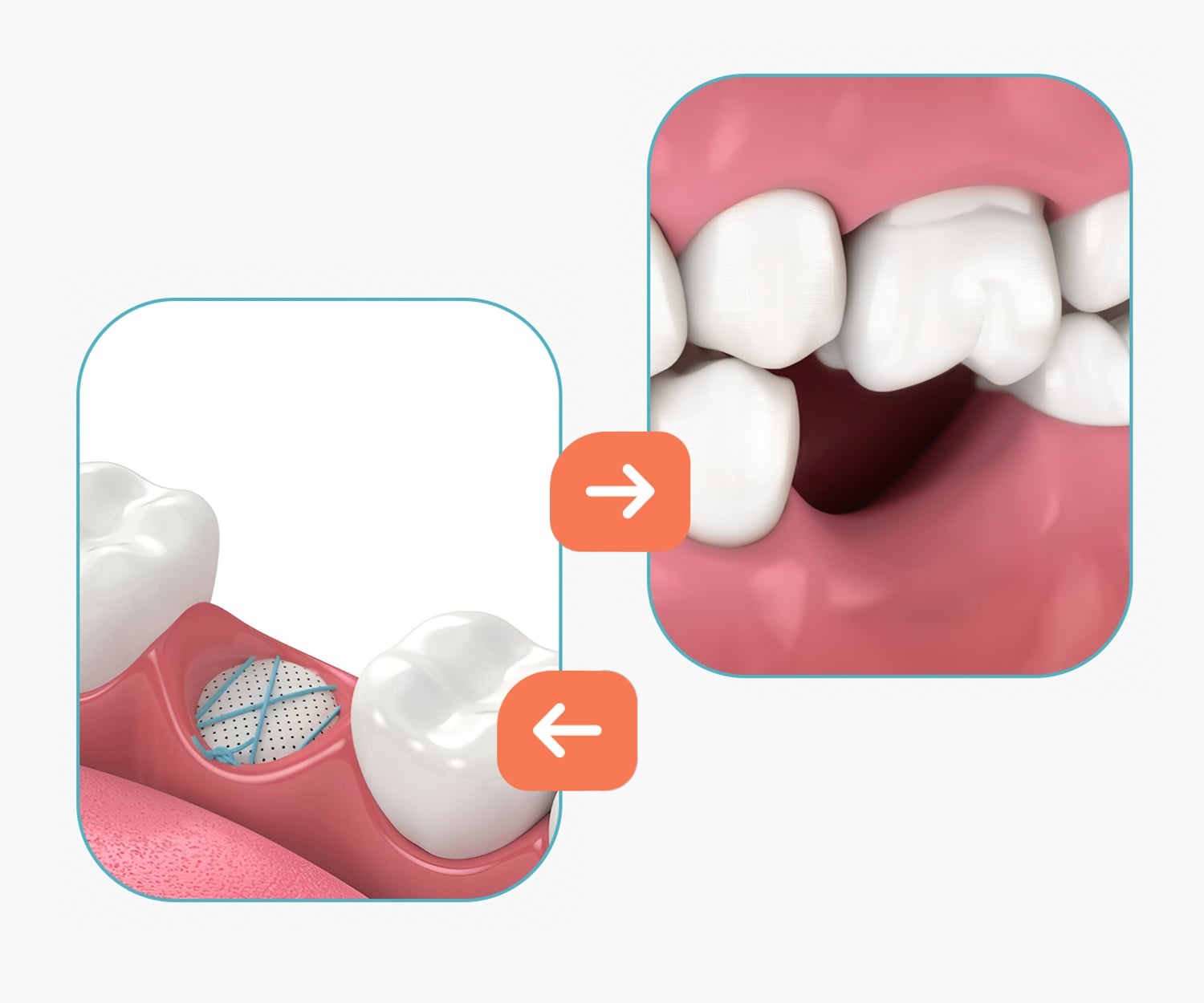
.jpeg)